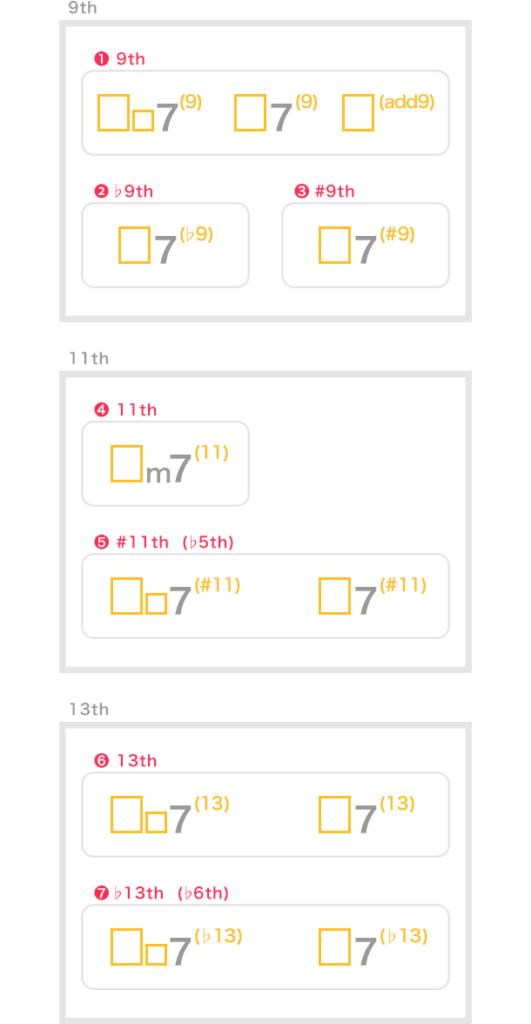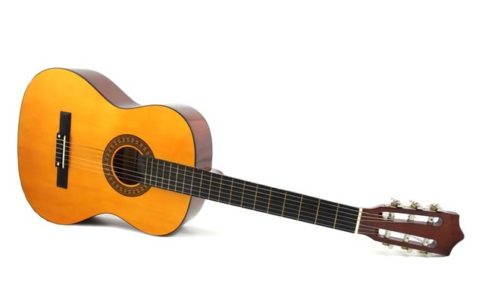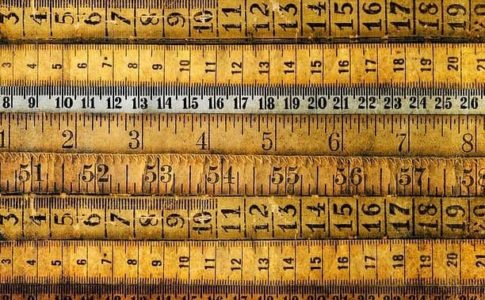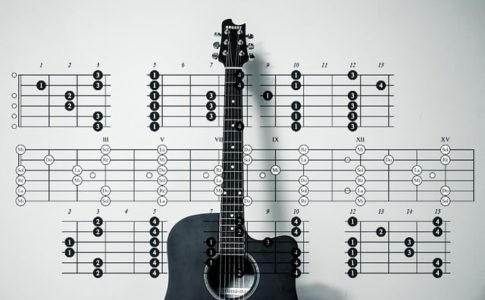The word tension, which means metal and emotional strain, is also used in the world of music.
The word “tension chord” used by a musician does not only mean that stress is provided to the sound but it also means that the sound is made more colorful.
Basic chords comprise notes within one octave. Tensions chords further comprises notes higher that the perfect octave.
How the tension notes are added and thus the tension chord is made will be described.
First, let’s study chord tones and tension notes.
Contents
Chord tone
Notes within an octave as described in chapter 3.
Tension note
Notes higher than the perfect octave (9th, 10th, 11th, 12th, 13th, 14th, 15th, etc.).
Seven notes from 9th to 15th are general tension notes, but popularly used tension notes are 9th, 11th, and 13th.

Tension notes with # and b are called altered tensions
You can easily figure out the sound of tension note by subtracting 7 from the tension number.
For example, the tension note of CM7(13) is 13-7=6th.
Thus, the chord notes can be easily understood with CM7+6th comprising C, E, G, B, and A.
Which tension note is generally used in which cord is now described.
9th
9th=2nd /♭9th=♭2nd / #9th=#2nd(♭3rd)
① 9th
9th can be used in almost all the chords, except for m7b9, which is not a very popular chord.
② ♭9th
b9th is mainly used for dominant 7th chords.
③ #9th
(#)9th is also mainly used for dominant 7th chords. Well known as Hendrix chord.
11th
11th=4th / #11th=#4th(♭5th)
① 11th
11th is used in minor chords.
② #11th
(#)11th are used in M7, M6, M9, m7, and dominant 7th chords.
13th
13th=6th /♭13th=♭6th
① 13th
13th is used in M7, m7, and dominant 7th chords.
② ♭13th
♭13th is mainly used for dominant 7th chords.
There are general rules for writing tensions. I sometimes use, for example, “Cm(10)” comprising C, Eb, G, and E.
Although not very popular, CM7(b13) and Cm7(b13) can be used without hesitation.
You can play anything you want as long as it sounds good for you! Ignore any rule you don’t need.






